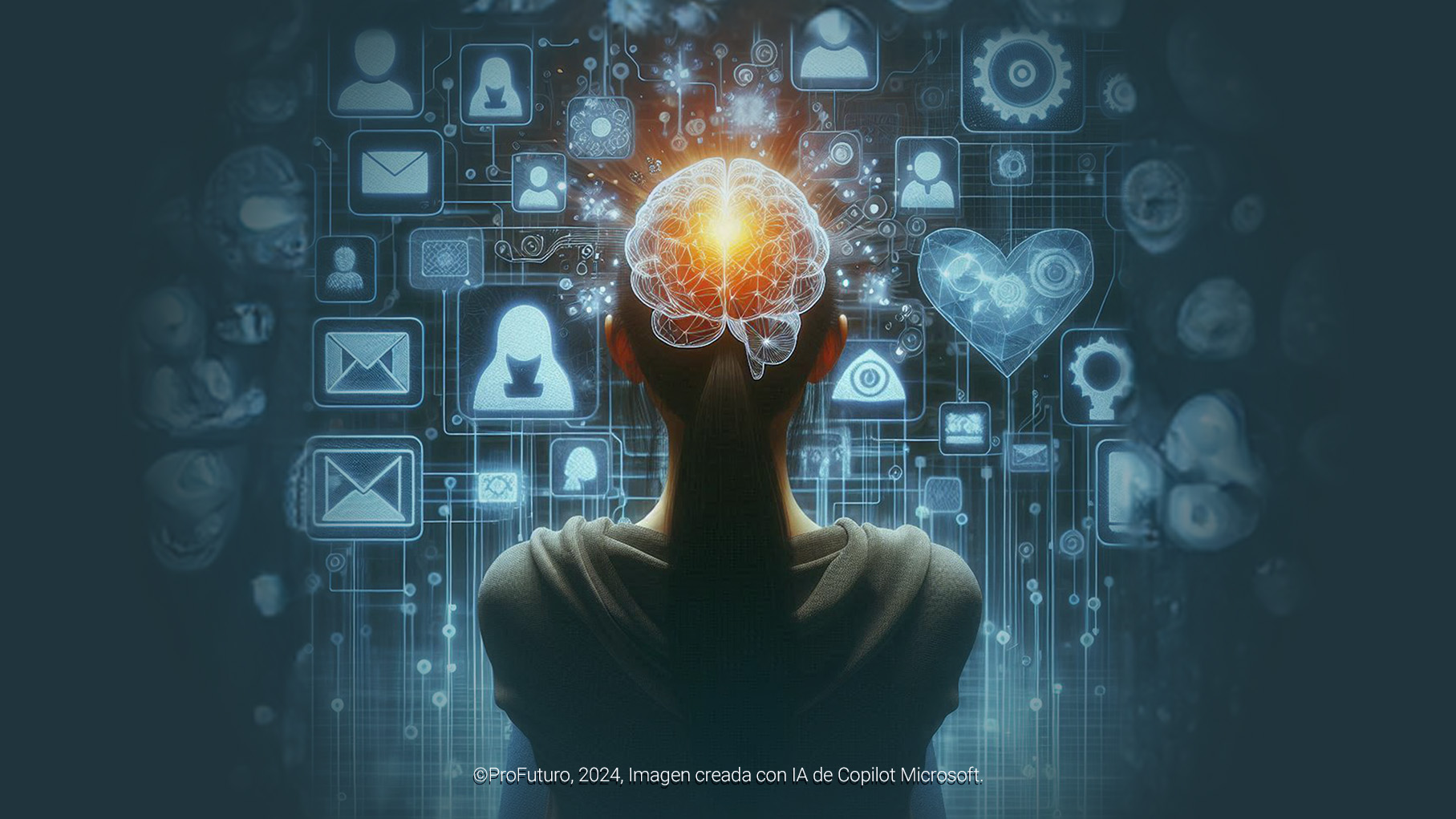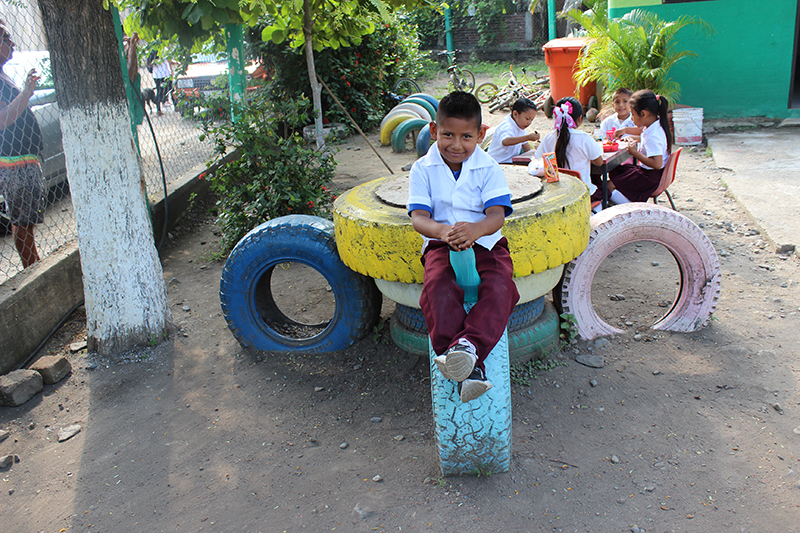
Imagen de Freepik.
Mental health issues are a significant concern globally, especially among children and adolescents. It is estimated that between 10% and 20% of young people experience mental health problems. In sub-Saharan Africa, a systematic review found that 14.3% of children and adolescents face significant psychological challenges, with 9.5% meeting the criteria for a psychiatric diagnosis. Factors such as impoverished living conditions, high prevalence of diseases like HIV/AIDS, substance abuse, adverse childhood experiences, and extensive use of digital platforms contribute to these mental health issues.
The Kenya National Adolescent Mental Health Survey (K-NAMHS) Report of 2022 highlighted the mental health landscape among Kenyan children and adolescents. According to the survey, over 44.3% of adolescents had mental health disorders, with 12.2% meeting the criteria for a mental disorder. These statistics underscore the urgent need for mental health support, particularly in the context of the increasing reliance on digital technology and social media.
Digital Technology and Mental Health
The digital age has brought about profound changes in how people interact, learn, and socialize. Close to half of the world’s population is connected to the internet, and in many developed countries, almost everyone is online. This widespread use of digital platforms has raised concerns among parents, educators, governments, and young individuals about the potential negative effects on mental health. Let’s see some key issues:
- Anxiety and depression. Excessive use of social media and other digital platforms can heighten anxiety and depression among young people. Constant exposure to the seemingly perfect lives of others can lead to feelings of inadequacy and low self-esteem. Furthermore, the pressure to be constantly connected and available can add to stress and anxiety levels.
- Disruptions in sleep patterns. The use of digital devices before bedtime can interfere with sleep patterns. The blue light emitted by screens can suppress the production of melatonin, the hormone that regulates sleep, making it harder for young people to fall asleep. Lack of sleep can significantly impact mental health, contributing to higher levels of anxiety and depression.
- Cyberbullying is another severe issue associated with the use of digital platforms. Young people can become victims of online harassment and abuse, which can have devastating consequences for their mental health. The anonymity provided by digital platforms can facilitate abusive behavior, making victims feel powerless and isolated.
- Distorted body image perceptions. Social media is replete with edited images and idealized versions of reality, which can lead to distorted body image perceptions among young people. The pressure to conform to these unrealistic standards can contribute to eating disorders, low self-esteem, and other mental health issues.
Mitigating Risks and Harnessing Opportunities
Despite the risks, digital technologies also offer significant opportunities for learning, communication, and personal development. Therefore, it is important to adopt a balanced approach that mitigates risks while leveraging the benefits that these technologies can offer. How do we do it?
Education and Awareness
Educating young people and their families about responsible digital use and the associated risks is vital. Mental health education should be integrated into school curricula, providing young people with the tools they need to manage stress and anxiety related to digital use.
Key Educational Strategies:
- Digital Literacy Programs: Implementing programs that teach young people about the potential dangers of digital platforms, including cyberbullying, privacy issues, and the impact of screen time on mental health.
- Parental Guidance: Educating parents on how to monitor and guide their children’s digital use, encouraging open communication about online experiences and mental health.
- School-Based Workshops: Conducting workshops in schools to raise awareness about the signs of mental health issues related to digital use and promoting healthy online behaviors.
Support and Resources
Providing adequate support and resources is fundamental. This includes access to counselors and psychologists, as well as the availability of educational materials on mental health. Digital platforms can be utilized to offer self-help resources and access to online support services.
Key Support Initiatives:
- Mental Health Professionals: Ensuring that schools have access to mental health professionals who can provide support and guidance to students.
- Online Resources: Developing online platforms that offer mental health resources, including articles, videos, self-help tools, and crisis helplines.
- Peer Support Networks: Establishing peer support groups where young people can share their experiences and support each other.
Strengthening Resilience
Building emotional resilience in young people is key to helping them face the challenges of the digital age. Programs that teach coping skills, stress management, and self-esteem development can be highly beneficial.
Key Resilience-Building Strategies
- Resilience Training Programs: Implementing programs that teach young people how to cope with stress, manage their emotions, and build self-esteem.
- Mindfulness and Well-being Workshops: Offering workshops on mindfulness, meditation, and other well-being practices that can help young people manage anxiety and stress.
- Positive Reinforcement: Encouraging positive behaviors and rewarding efforts to manage mental health effectively.
Monitoring and Evaluation
Implementing monitoring and evaluation systems can help measure the impact of mental health initiatives and adjust strategies as needed. This includes regular surveys, interviews, and satisfaction assessments for both students and educators.
Key Monitoring and Evaluation Methods
- Data Collection Systems: Establishing systems to monitor students’ mental health and well-being, tracking participation in mental health programs and resource utilization.
- Periodic Assessments: Conducting regular assessments to evaluate the effectiveness of mental health initiatives, using surveys, interviews, and feedback from students and teachers.
- Outcome Measurement: Defining key performance indicators (KPIs) related to mental health outcomes, such as reducing stress levels, enhancing coping skills, and increasing access to mental health resources. Regularly measuring and reporting on these outcomes to ensure progress.
Digital education platforms and programs present a significant opportunity to integrate mental health support for children and adolescents. By embedding mental health resources and education into digital learning environments, platforms like ProFuturo can offer a holistic approach that addresses both academic and psychological well-being. The global prevalence of mental health issues among young people, exacerbated by factors such as poverty, disease, and digital overuse, underscores the urgent need for such integration.






